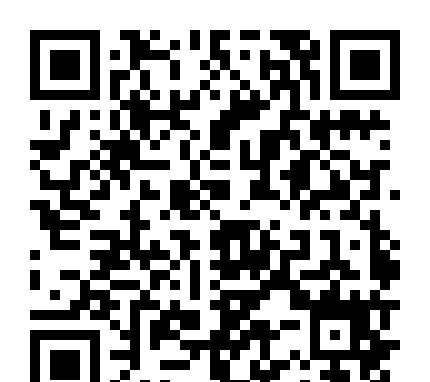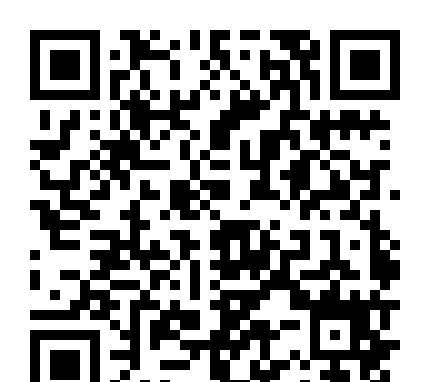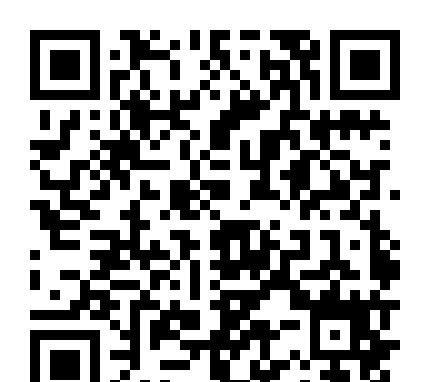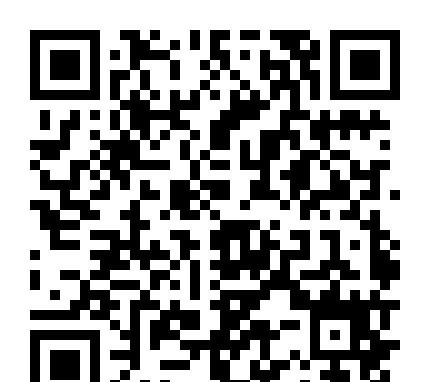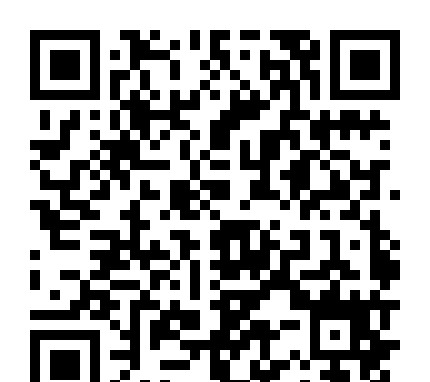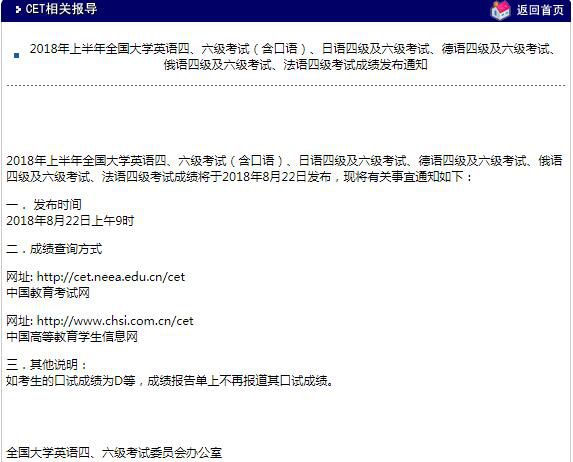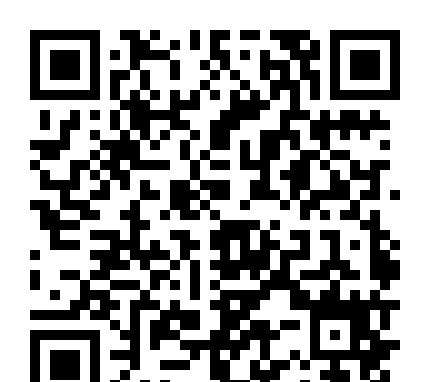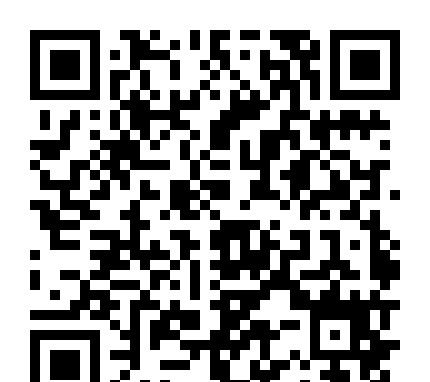18考研英语:阅读理解模拟训练之理学话题(一)
|
做题引导 原文阅读 Part of the problem is the way we handle organ donations. Americans who want to make this sort of gift have to opt in——that is, indicate on a driver's license that when they die, they want their organs to be made available. Many European and Asian countries take the opposite approach; in Singapore, for example, all residents receive a letter when they come of age informing them that their organs may be harvested unless they explicitly object. In Belgium, which adopted a similar presumed-consent system 12 years ago, less than 2% of the population has decided to opt out. Further complicating the situation in the U.S. is the fact that whatever decision you make can be overruled by your family. The final say is left to your surviving relatives, who must make up their minds in the critical hours after brain death has been declared. There are as many as 50 body parts, from your skin to your corneas, that can save or transform the life of a potential recipient, but for many families lost in grief, the idea of dismembering a loved one is more than they can bear. The U.S., like all medically advanced societies, has struggled to find a way to balance an individual's rightful sovereignty over his or her body with society's need to save its members from avoidable deaths. Given America's tradition of rugged individualism and native distrust of Big Brotherly interference, it's not surprising that voters resisted attempts to switch to a presumed-consent system when it was proposed in California, Oregon, Minnesota, Pennsylvania and Maryland. Health Secretary Tommy Thompson last spring announced plans for a new initiative to encourage donations——including clearer consent forms——but its impact is expected to be modest. Given the crying need for organs, perhaps it's time we considered shifting to something closer to the presumed-consent model. Meanwhile, if you want to ensure that your organs are donated when you die, you should say so in a living will or fill out a Uniform Donor Card (available from the American Medical Association)。 Make sure your closest relatives know about it. And if you don't want to donate an organ, you should make your wishes equally explicit. 注(1):本文选自Time; 12/10/2001, p117; 1. According to the author, one of the reasons for a shortage of organs in America is ______. 2. What is most Americans‘ attitude towards the organ donation? 3. It can be inferred from paragraph 4 that ______. 4. The term “presumed-consent” probably means ______. 5. From the text, we can see the author‘s attitude towards organ donation is ______. 参考答案 |

